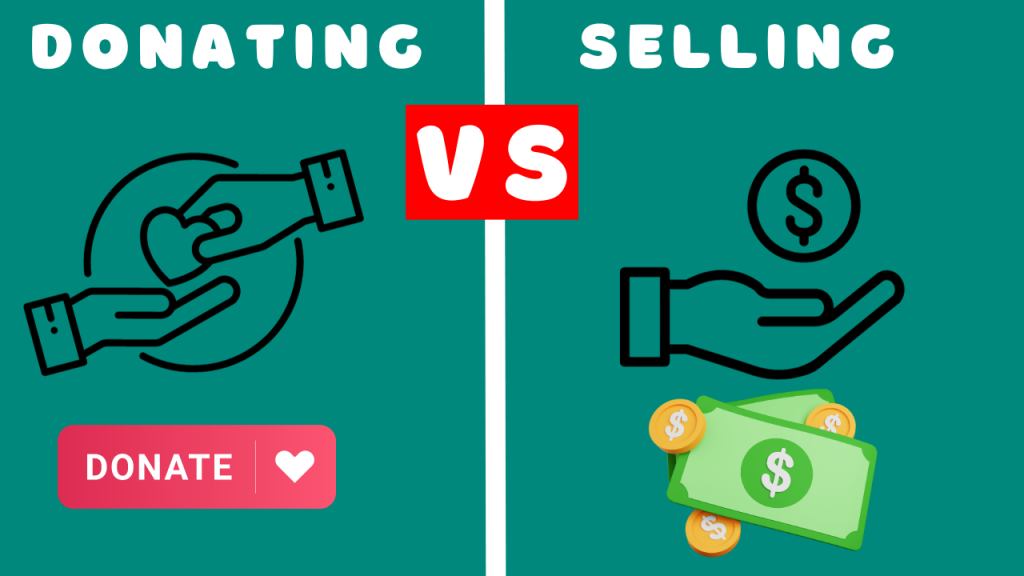Car Donation vs. Selling: Making the Right Choice
Introduction: The Dilemma of Car Disposal
When it comes time to part with your vehicle, two prominent options emerge: donating your car or selling it. Each choice has its merits and implications, deeply rooted in personal circumstances and goals. In this comprehensive exploration, we’ll delve into every facet of these options, equipping you with the knowledge to make an informed decision.
Understanding Car Donation
The Process of Donating Your Car
Car donation is a process where you give your vehicle to a charity. The charity either uses the car for its operations, sells it at auction, or disposes of it for parts. The simplicity of this process is a key advantage. You contact the charity, they handle the majority of paperwork, and your car is picked up.
Tax Benefits and Considerations
A significant draw of car donation is the potential tax deduction. The IRS allows you to claim a tax deduction based on the vehicle’s selling price at auction or its fair market value, whichever is lower. However, it’s vital to ensure the charity is IRS-approved and to keep all necessary documentation.
Supporting a Cause
Donating your car can be emotionally rewarding. It supports charitable causes and can make a significant difference in the lives of others. This aspect is not just about the financial gain but about making a positive impact.
The Route of Selling Your Car
Private Sale: Maximizing Profit
Selling your car privately often yields a higher return than trade-ins or dealer sales. This method involves advertising your car, meeting potential buyers, and negotiating the price. The main advantage is control over the selling price, allowing you to maximize your profit.
Trade-Ins and Dealerships
For those seeking convenience, trading in your car at a dealership is an efficient option. The process is straightforward but often results in a lower financial return compared to a private sale.
Online Marketplaces: Reaching a Wider Audience
Online platforms have revolutionized the car selling process. They provide a wider audience and various tools to help you estimate your car’s value, but they also introduce competition and require a bit more effort in terms of presentation and communication.
Comparative Analysis: Donation vs. Selling
Financial Implications
The financial return from selling a car is typically higher than the tax benefit of donating. However, car donation can be more financially beneficial for older, less valuable vehicles.
Time and Effort Considerations
Selling a car requires time and effort – from listing the vehicle to dealing with inquiries and negotiations. In contrast, donating a car is a relatively quick and hassle-free process.
Emotional and Social Impact
Car donation can offer an emotional satisfaction that selling doesn’t provide. The act of supporting a charitable cause can outweigh the financial benefits of a sale for many.
Making the Right Decision
Assessing Your Personal Situation
Your decision should align with your financial situation, personal values, and the amount of time you’re willing to invest. For those in a hurry or wishing to support a cause, donation is ideal. For maximizing financial return, selling is the better route.
Understanding Market Trends
Staying informed about the current automotive market is crucial. Factors like model demand, seasonality, and economic conditions can significantly influence your car’s value and the decision-making process.
Conclusion: A Personal Choice with Broad Implications
The decision between car donation and selling is a personal one, yet it has broader implications. Whether you seek financial gain, convenience, or the satisfaction of supporting a charitable cause, both options offer unique benefits. Your choice should be guided by a thorough understanding of these factors, ensuring a decision that aligns with your goals and circumstances.

